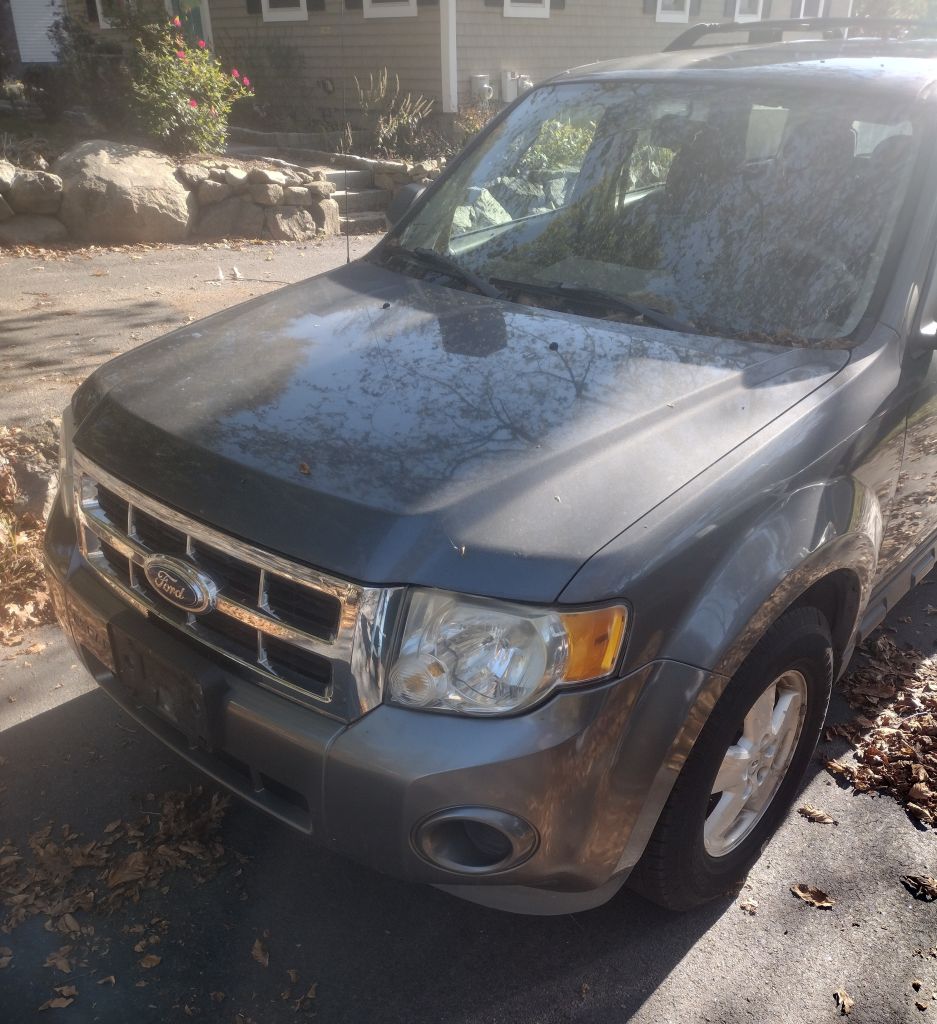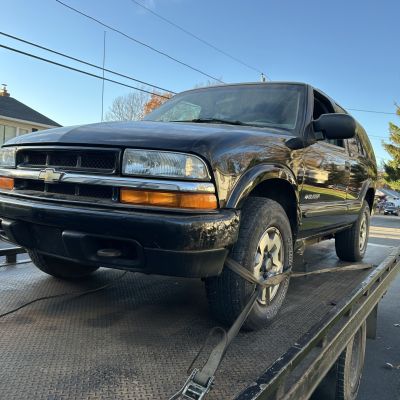In the United States, over 10 million vehicles are taken out of circulation each year, in the myriad places the EPA talks about. Another few thousand are just standing idle around, rusting away with regret in garages, driveways, and backyards. In a way, if you hold an old vehicle that has not been on the road in years, you are neither doing yourself nor the planet a favor.
Here is the irony. Maybe it was your first car, bought with hard-earned money. Maybe it reminds you of road trips or simpler days. But a car that’s basically stopped being useful is something you need to rethink. The longer you let it rust, the more trouble you invite. Let’s outline the many reasons why it is practical to say goodbye to your ride and what to do instead.
Reasons Why You Should Never Let a Car Rot in Your Garage
1. You’re Losing Space That Could Be Valuable
An unused vehicle is the ultimate paperweight. If it’s in your garage, then you’ve got square footage that could be put to better use. Maybe storage for tools, an area for working out, or maybe even an office or workshop. If it’s parked outside, it’s just one big eyesore, dropping curb appeal. The farther it stays, the more it turns into “invisible clutter.” You somehow stop noticing it, yet it still occupies mental and physical space.
2. Unused Cars Still Cost Money
Even if you’re not driving the car, you might be unwittingly paying for other things. Legal stuff like registration fees, insurance (if it’s still active), battery replacements, deflating tires, and pest control quietly keep piling up. Also, depending on the local laws, leaving a car to rust away on your property might be against some municipal regulations, and your HOA or city officials might then come knocking for fines or warnings.

3. Fluid Leaks Can Harm the Ground and Water
Classic cars have all sorts of fluids in them, such as oil, brake fluid, antifreeze, transmission fluid, and the list goes on. And when the seals and hoses dry out, they start to leak. This makes a mess, and it might be a bit of a problem by letting these chemicals seep into the soil and water supply areas. One car slowly poisoning the land is hardly a problem. Multiply that by thousands scattered all over the nation, and we’re talking environmental catastrophe.
4. Mold, Mildew, and Mice
An unattended automobile is bound to encounter problems after a couple of months. The inside fabric and carpeting become a jungle for mold and mildew, especially in humid areas. Once inside, rodents are free to chew up the wiring in the engine bay and carcass and build nests inside air vents. This turns your almost-dead car into a health hazard, and if you ever want to bring it back to life, it will be a great challenge.
5. That “Maybe Someday” Will Cost You More Later
Many people keep scrap cars with the idea of fixing them one day. While having a DIY restoration project in mind sounds cool, the real time and cost involvement are some of the many underestimated factors. By the time you think of picking up the work, maybe the damage is beyond repair or is too expensive to be justified. And most old cars, except for the few expected classics or a collector’s item, turn to dust.
6. It’s Not Gaining Value. It’s Losing It
There is a saying that goes, “Cars are not like fine wine.” In less than a handful of exceptions, cars actually do not appreciate with age while they sit neglected. An old Toyota Corolla with flat tires and an empty battery would never be suddenly desirable in 10 years. Instead of waiting for this non-existent value, perhaps you should be looking at ways to upgrade your life right away with that money or garage space.

The Smarter Solution
Letting go doesn’t really suggest completely vanishing with the car. An environmentally conscious process exists where one could recycle major parts of the car, dispose of hazardous materials safely, and put some money in their pocket. As a matter of fact, most people, upon finally saying goodbye to their vehicle, realized that the decision could have been made months or even years before.
One very popular way today is to sell scrap cars for cash to certified recyclers or junk car removal services. These companies tow the car, salvage usable parts, recycle the metal, and pay you based on the vehicle’s weight and condition. It’s fast, hassle-free, and a lot more rewarding than letting it sit around.
What to Do Before You Let Go
Get ready for those last steps:
1. Unload Personal Belongings: You will be amazed at what people actually leave behind. Check inside the glove box, under the seats, and in the trunk.
2. Legal Formalities: Find the title or apply for a duplicate one at your local DMV if you have lost it.
3. Cancel Insurance: Once the car is picked up, you should stop paying premiums.
4. Return License Plates: Some states require you to return the plates as you are disposing of the car.
5. Snapshots: For your files (and memories), take a few photos before the car is gone.
The Bottom Line
Keeping a dead car is just like having expired food in the fridge. You know it’s not of any use. You see it only taking up space, and yet there it sits. Some might ask: Is it sentimental value? Is it procrastination? To others, it’s the glittering mirage of some kind of promise in the future.
The bigger the wait, the greater the troubles. Don’t clutter your space, drain your wallet, and shatter yours or anyone else’s sanity. There is a much cleaner, far more worthwhile way of shouting goodbye. You might just be left gasping with some kind of relief following the farewell.
















